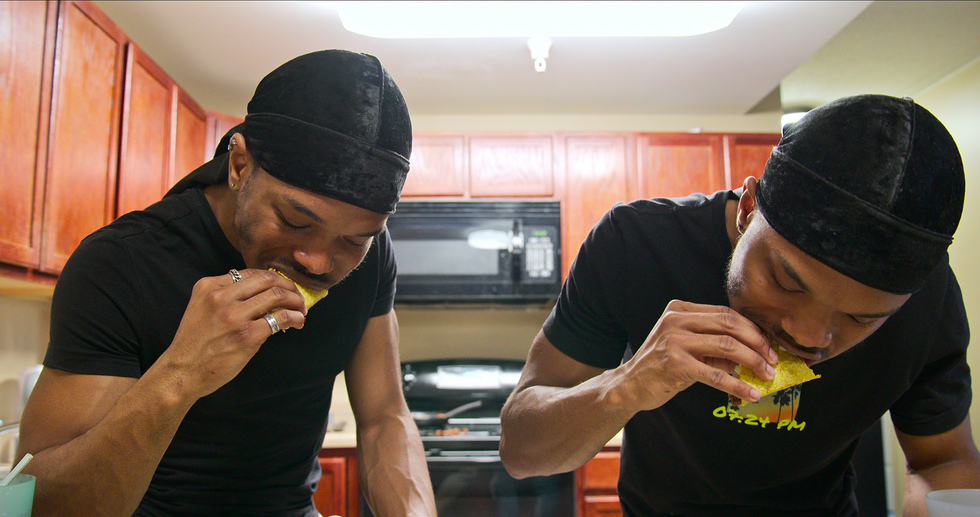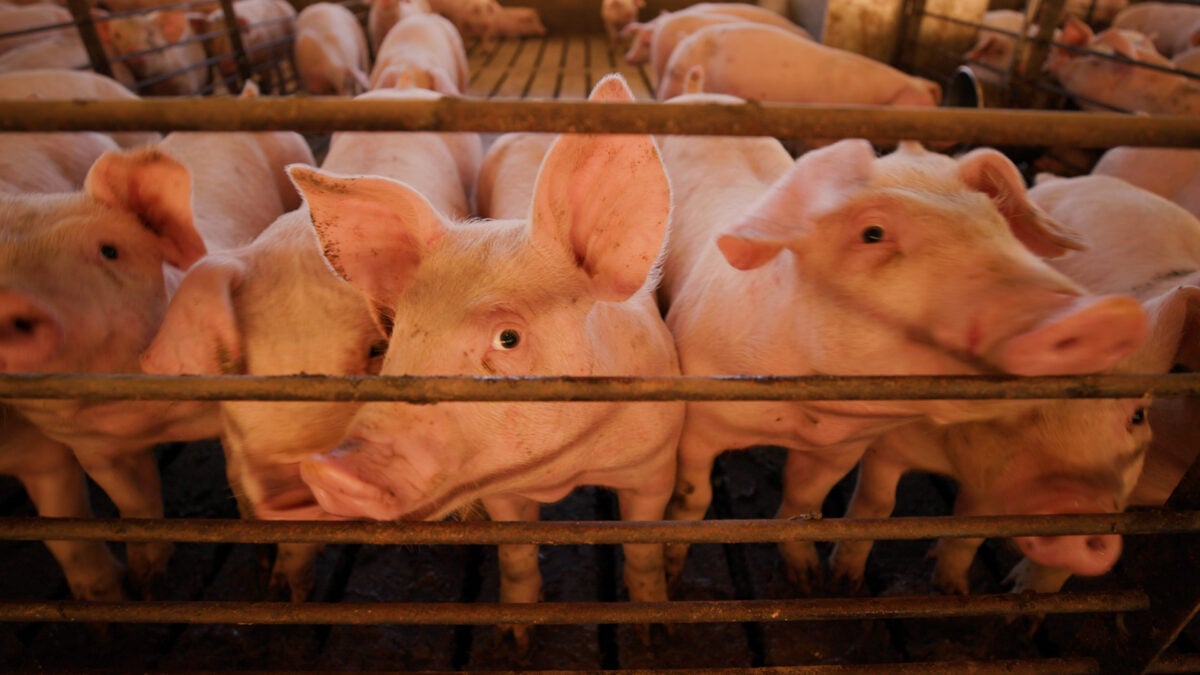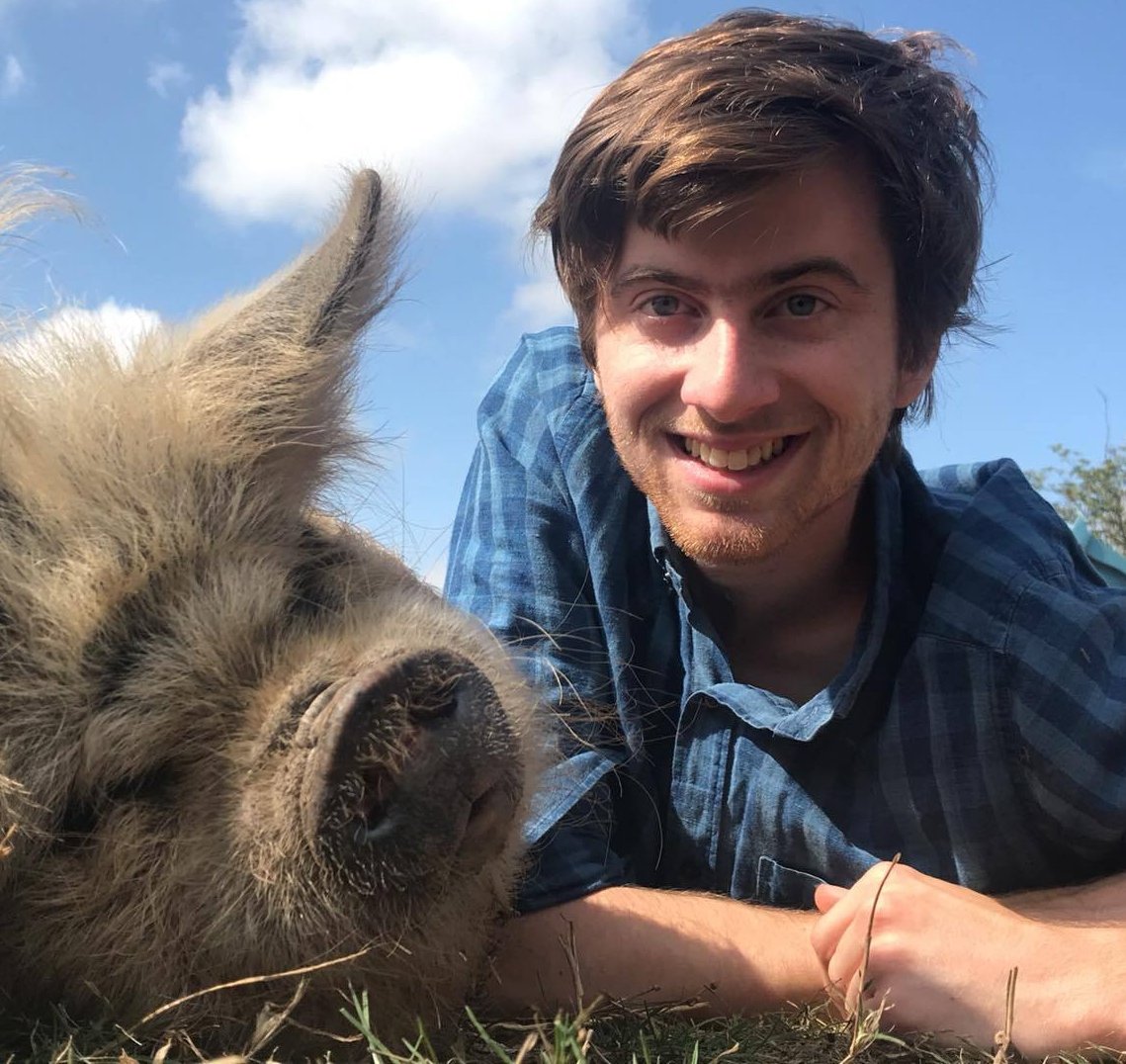A new documentary that explores the impacts of food choices on identical twins is inspiring people to cut back on meat and move towards a plant-based diet.
The four-part documentary series, named You Are What You Eat: Twin Experiment, follows four pairs of identical twins in the US for eight weeks. In each pair, one twin follows an omnivorous diet and the other an animal-free diet.
The documentary allows viewers to visualize the randomized control trial published last month by the Stanford University Department of Medicine.
After seeing the documentary, some omnivore viewers reacted with surprise. “Watching You Are What You Eat: Twin Experiment and I am shoooooook,” one wrote on X (formerly Twitter).
“Mannnn I’m really going vegan after watching this,” another declared. “Watching ‘You Are What You Eat’ on Netflix…and am now seriously considering eating little to no red meat from now on,” added a third.
Netflix documentary shows benefits of vegan eating

Released in time for Veganuary 2024, when many people sustain a plant-based diet for the first time, the documentary provides a rundown of the main benefits of veganism.
The results of the study provide a compelling case for eating a plant-based diet for personal health. Participants following a vegan diet saw visceral fat – the bad kind of fat that builds up around organs – reduce significantly. In contrast, the meat-eaters experienced small increases in visceral fat.
Moreover, after eight weeks, the plant-based twins had significantly lower LDL cholesterol (known as “bad” cholesterol) than the omnivores. Both omnivores and those on a vegan diet lost weight. However, the latter lost an average of 4.2 pounds (1.9 kilos) more than the omnivores.
Viewers shaken by realities of animal agriculture
As well as dramatizing the results of the experiment, the documentary also outlines some of the effects of animal agriculture on the environment, people, and animals.
An explainer on the salmon farming industry revealed the realities of intensively farming fishes*. In the episode, disease-ridden salmon disgusted the twins and made them vow to be more careful with what they are eating.
Another section explored the environmental racism of large-scale pig farms in North Carolina. In majority Black and poor neighborhoods, residents suffer adverse health effects from farmers spraying pig manure near their homes.

Cultural heritage to eating meat
Making a research study into a Netflix documentary allowed viewers to see the participants as more than a statistic. This meant seeing some of the barriers to moving towards plant-based eating.
Two sisters with South African heritage discussed the importance of meat to their culture. After seeing positive health outcomes and learning some of the effects of animal agriculture, they started to explore alternatives. In the final episode, they prepared vegan biltong for their friends and family.
From reducing your greenhouse gas footprint to boosting your own fitness, swapping from meat to plant-based food has been linked with many better outcomes for the environment and health.
*While the English language usually refers to multiple fishes as “fish,” we have chosen to use “fishes” to emphasize their individuality






